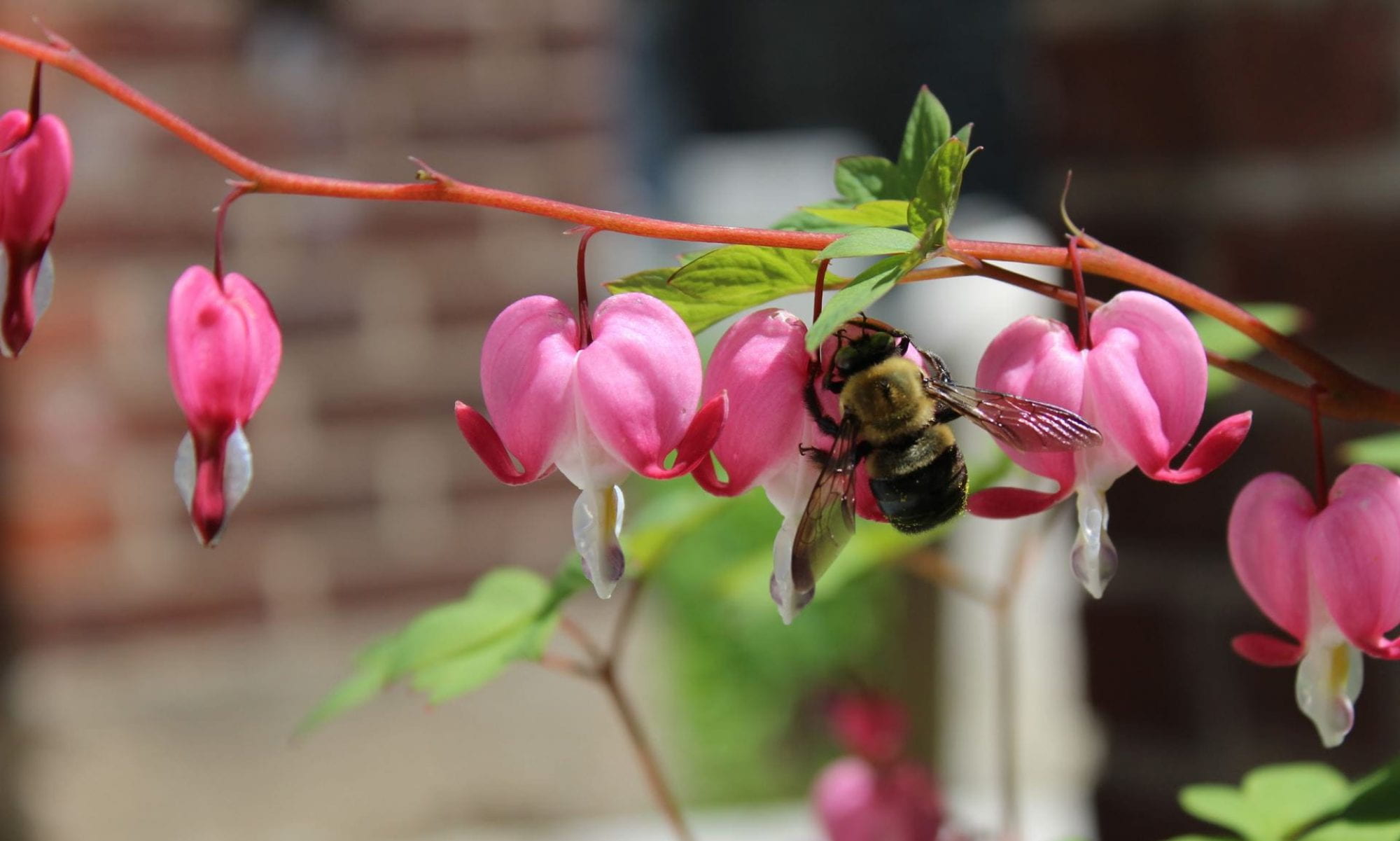Out of the many feminist theories that exist, ecofeminism seems to be a theory that is not as largely discussed when thinking about the oppression of women. Ecofeminism, simply put, is the link between feminist issues and ecological issues that intertwine to examine the oppressions of both women and nature. According to Laura Hobgood-Oster, ecofeminism provides environmental thought to feminism, and feminist thought to environmentalism (Hobgood-Oster 1). With the examinations of power and domination, it is acknowledged that in ecofeminist thinking, the patriarchy contributes to the oppression women as well as nature. Women are viewed as more in tune with nature, given the fact that nature is often described using feminine qualities. Ecofeminism challenges structures of power rather than individuals because patriarchal structures are what justify dominance over nature and women (Hobgood-Oster 2).
When thinking about issues that can be addressed in an ecofeminist perspective, one of the first ones that came to mind was climate change. Climate change is a very widely discussed environmental issue in recent years that people are beginning to be more cognizant about, whether it is agreeing or disagreeing with its presence. On the supporting side of the climate change discussion, it is recognized that there are many aspects of climate change that are heavily impacting poor nations that rely on agriculture, and specifically the women that live in these poor nations. According to an article from Dejusticia, climate change has presented unequal effects on women who are stricken by poverty whose food security is growing smaller. The author of the article, Vanessa Daza states, “…in places where the effects of climate change are deeply felt, women must travel greater distances, which translates to less time for education and more exposure to health risks and violence.” (Daza 1). Women in developing countries that also work in agriculture don’t have the same access to land rights as men do, as well as difficulties in changing jobs due to less job opportunities granted to women (Daza 1). This is only one factor of climate change, but the lack of importance that is placed on women’s lives in these developing nations is directly linked to the suffering of the environment that they need to survive off of.
From Karen Warren’s eight connections between women and nature, the conceptual connection intrigued me the most. Warren’s conceptual connection states that there are links through conceptual structures of domination that work to oppress women and nature through androcentric values. One such conceptual connection that Warren identifies is the use of value dualisms, in which there are human/nature, reason/emotion, mind/body, and man/woman (Brendan 1). The dualism of the pairs work to establish which part of the pair holds the most value or hierarchy, in which Warren states that human, reason, mind, and man are more highly valued than the more traditionally feminine counterparts of the pairs, being nature, emotion, and woman. With these dualisms establishing concepts of superiority for male/masculine, it allows for the continued oppression and subordination of women and nature. The hierarchical structure that is conceptualized by society perpetuates the exploitation of those aspects of dualism that are labeled female and/or feminine. Hobgood-Oster ties in these dualism into her article as well, discussing that these patriarchal dichotomies of domination and binary division will continue (Hobgood-Oster 2-3). Tying into the real-life issue of climate change, an example of this conceptual connection is shown through the inferiority of women in nature when it comes to climate change. Regardless of the opinion one holds about climate change, it can still be acknowledged that women in poverty that depend on agriculture are struggling without little resolution. Their continued oppression is directly linked with the oppression of nature that is caused by the hands of humans and other structures of domination, such as capitalism and sexism.
Sources:
Brendan. “Warren’s Introduction to EcoFeminism.” There It Is, 21 Jan. 2014, thereitis.org/warrens-introduction-to-ecofeminism/.
Doza, Vanessa. “Two Fights in One: Feminism and Environmentalism.” Dejusticia, www.dejusticia.org/en/column/two-fights-in-one-feminism-and-environmentalism/.
Hobgood-Oster, Laura. Ecofeminism: Historic and International Evolution . 18 Aug. 2002.
